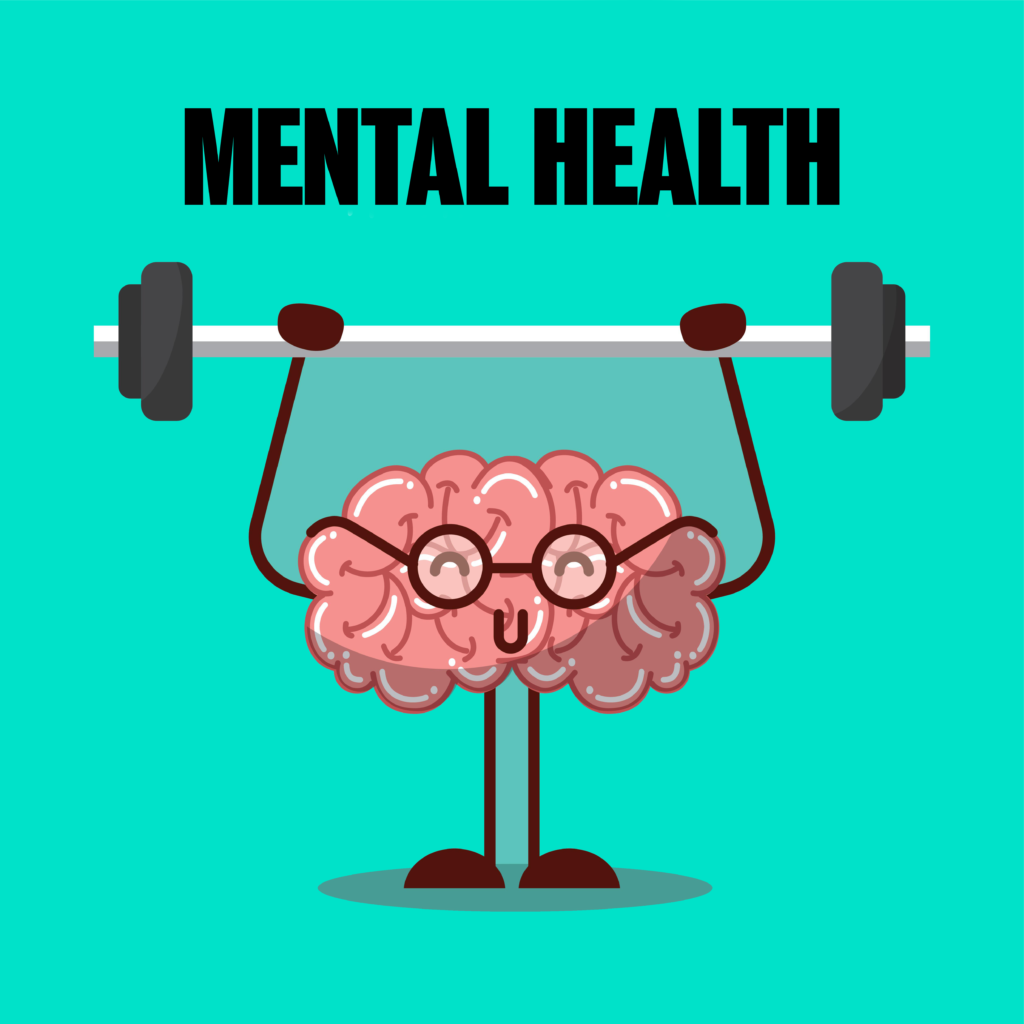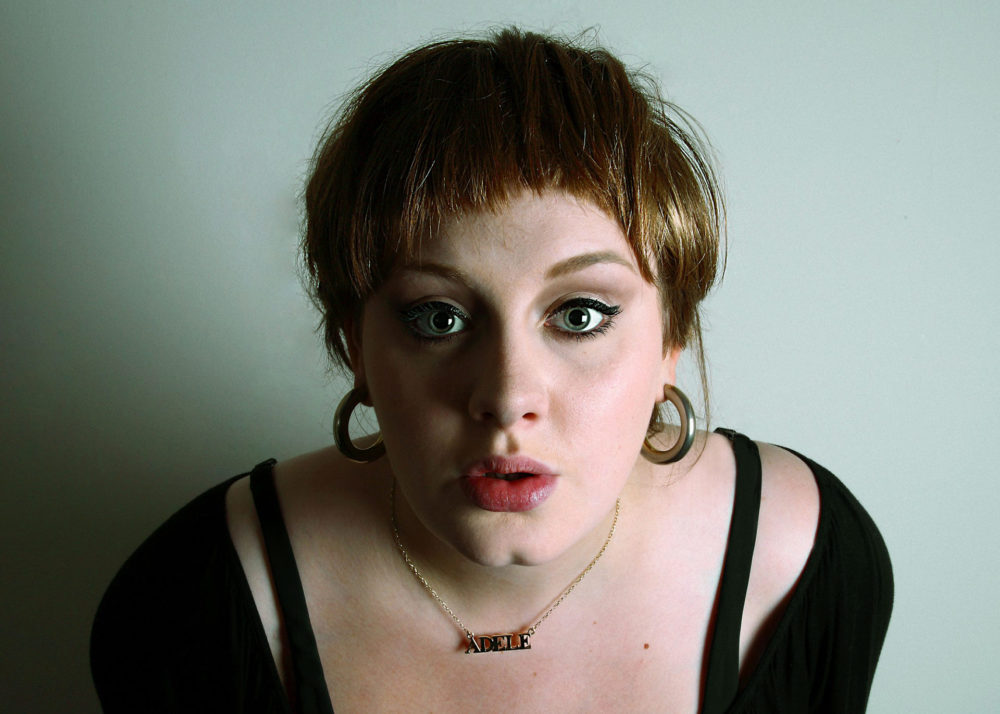2020? What a weird year. Festivals and gigs? Cancelled. Trips? Cancelled. Social interaction? Cancelled (for the most part). So while everyone has been sat at home – either working remotely, furloughed or not working at all – getting used to “the new norm” without seeing our favourite musicians or hanging with friends, it’s understandable this might take its toll on our mental health. And for the artists whose livelihoods have been affected? Mental health in the music industry is a relatively unexplored topic, but a few pioneers have spoken out about their own experiences, encouraging others to do the same.

“Millions are still struggling”
Imagine your brain as an organ with muscles, doing its own workout every day so it can stay healthy – that might be through yoga, meditation, being outdoors, doing some reading, enjoying some alone time or talking to a therapist, whatever works for your brain.
A June 2020 report published by the Mental Health Foundation referenced that almost one in five UK adults felt hopeless. One of the groups most seriously affected was young adults, with almost one-third of 18- to 24-year-olds surveyed saying they felt hopeless as a result of the COVID-19 pandemic. “What our research shows is that even as lockdown is easing, millions are still struggling,” said Dr Antonis Kousoulis, Director at the Mental Health Foundation.
It’s not only regular folk who struggle. While we think mental-health maintenance may be easier for famous musicians who lead luxurious lifestyles, an increasing number of artists have been speaking out about the importance of mental health and opening up about their personal struggles.
Mental health in the music industry
Mental health is becoming more important than ever and yet the topic is still not commonplace enough in everyday conversations. A number of artists are, however, going out of their way to help combat that stigma, and have begun to speak about mental health in the music industry. The truth is, every single person should feel as confident speaking about their mental health as they do their physical health, and that’s a movement we’d like to get on board with.
So what advice are these artists giving?
Don’t worry about “labelling”
Alanis Morissette, famous for 90s hit Ironic and being one of music’s best-known alt-rock female artists, released her song Diagnosis in April 2020, and it touched the hearts of listeners everywhere (especially those who also knew the struggles of mental health). Singing of feeling debilitated, as if she were folding in on herself, Morissette sings, “Call it what you want/’Cause I don’t even care anymore/Call me what you want to/To make yourself comfortable.”




